Nokia bags EU graphene research money
Finnish phone maker hails innovation and job creation potential of graphene.
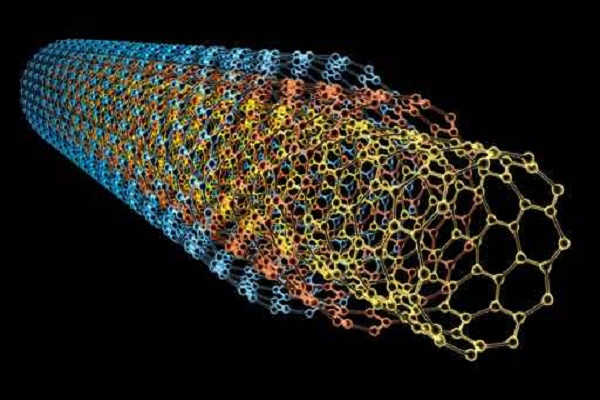
Mobile phone maker Nokia will be one of the beneficiaries of a 1 billion European Union (EU) grant that will be used to fund research into the development of graphene.
The sum has been awarded by the EU's Future and Emerging Technology (FET) research programme, which recently announced plans to give European researchers 1 billion to develop commercial applications for graphene.
The material has been touted by the electronics industry for several years now as a possible replacement for silicon in computer chips.
The material has been touted by the electronics industry for several years now as a possible replacement for silicon in computer chips.
The material is made from a one-atom thick layer of graphite and is renowned for being exceptionally strong, lightweight and flexible, and for its ability to conduct electrons faster than silicon.
Nokia, through its involvement with the Graphene Flagship Consortium was selected by the FET to receive the funding, and claims to be "flying the flag" for the use of graphene in mobile devices.
Henry Tirri, executive vice president and enterprise vice president and chief technology officer of Nokia, said the company has been working with graphene since 2006 and has already identified "multiple areas" where it can be applied in modern computing.
Sign up today and you will receive a free copy of our Future Focus 2025 report - the leading guidance on AI, cybersecurity and other IT challenges as per 700+ senior executives
"We've done some very promising work so far, but I believe the greatest innovation have yet to be discovered," said Tirri.
"Graphene happens to be an area where we, in Europe have all the important players in the value chain who are ready to use it in application...[so] this is a very efficient and promising way of doing research investments for Europe."
Jani Kivioja, research leader at the Nokia Research Centre, said graphene will not only open up new technology opportunities, but has the potential to create jobs across Europe.
"Not only does creating a graphene research consortium open up new research possibilities, it will also create work and jobs across all of Europe," said Kivioja.
"This kind of research is also an investment to the people that live within the EU, from an economy perspective."
The EU funding news follows on from the announcement last month that a UK Government-backed graphene research facility is to open in Cambridge later this year.
-
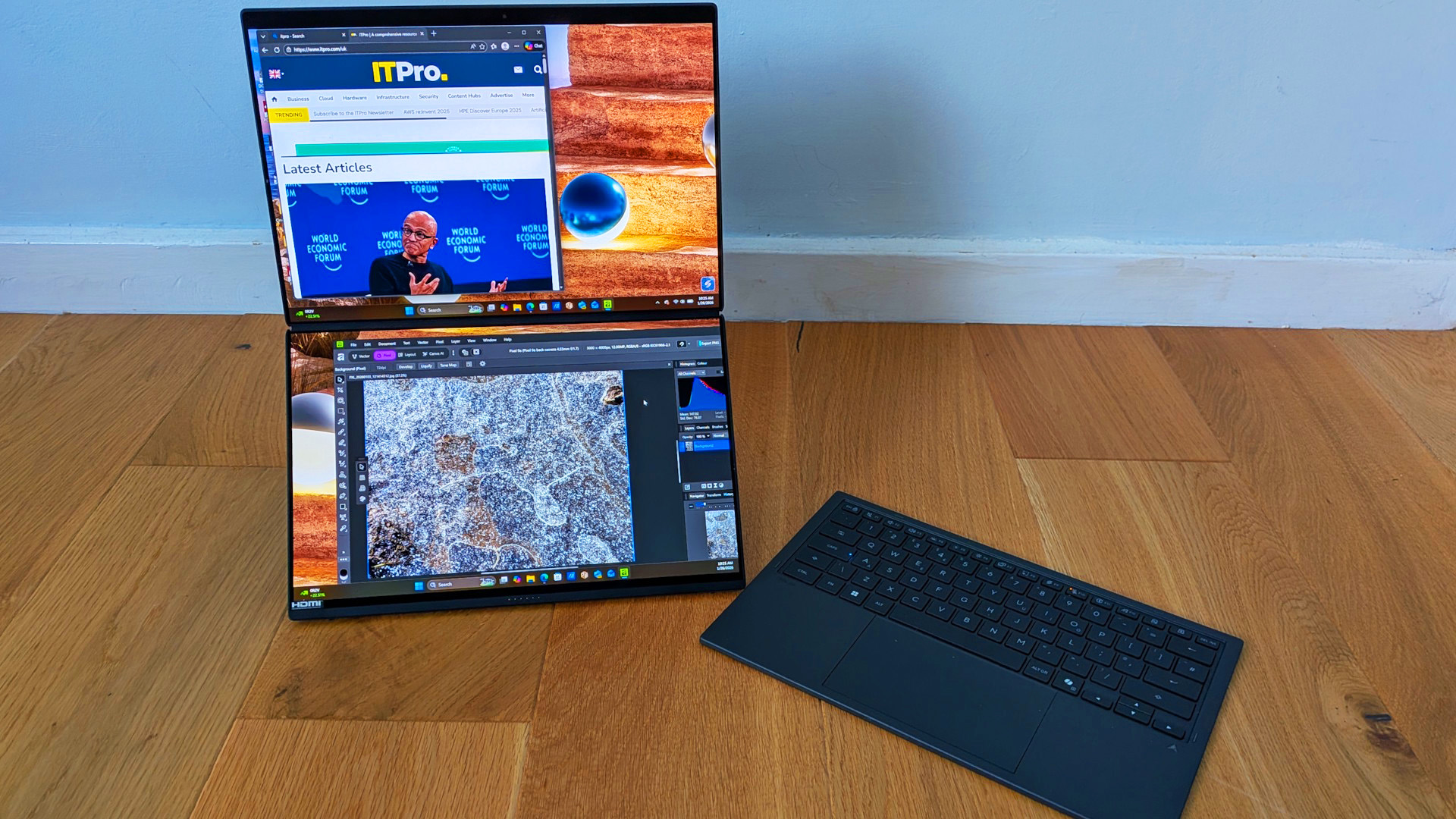 Asus Zenbook DUO (2026) review
Asus Zenbook DUO (2026) reviewReviews With a next-gen processor and some key design improvements, this is the best dual-screen laptop yet
-
 Pegasystems wants to help you modernize outdated Lotus Notes applications
Pegasystems wants to help you modernize outdated Lotus Notes applicationsNews The Notes to Blueprint tool lets enterprises understand their Lotus Notes estates and get rid of broken workflows
-
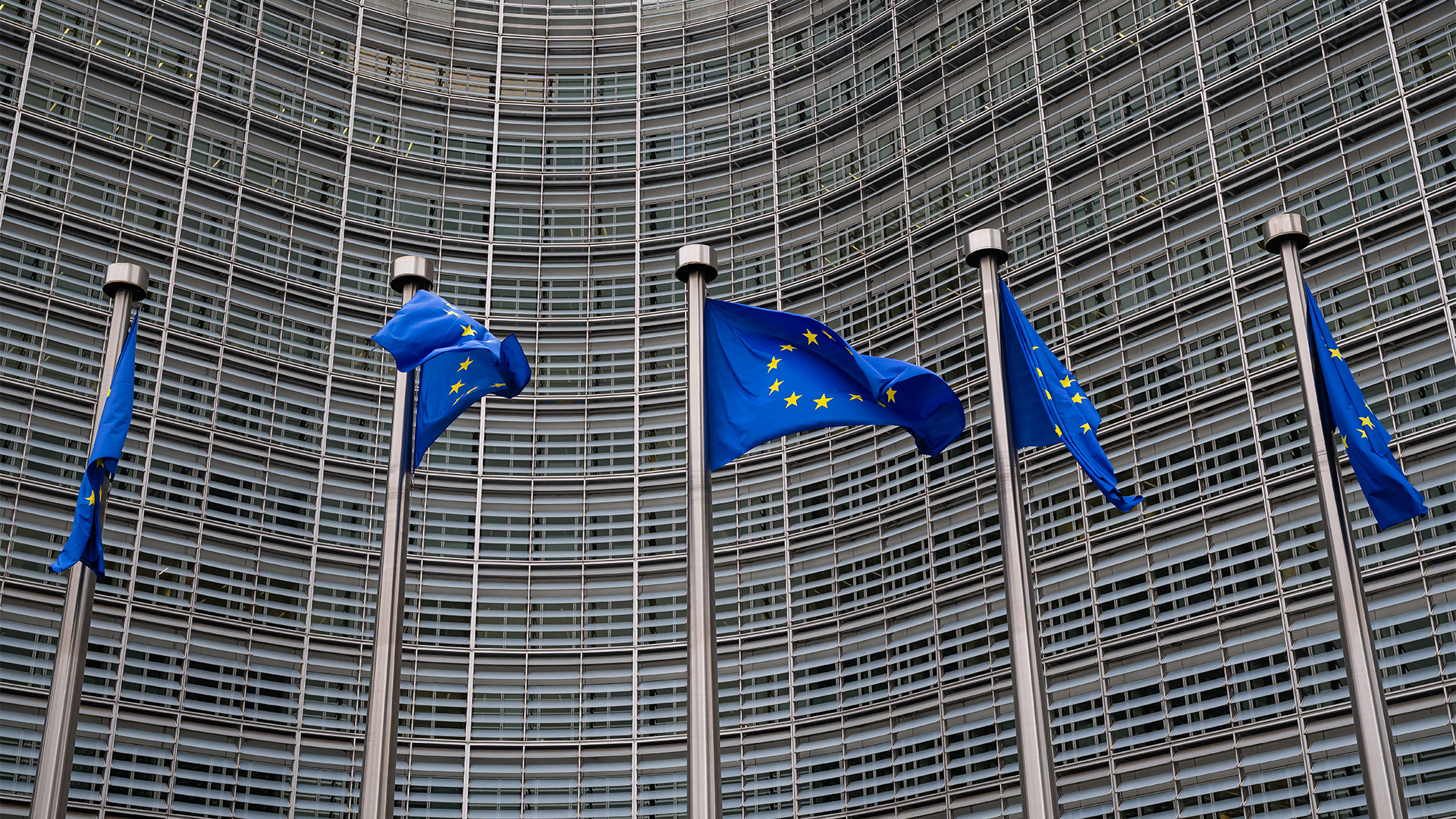 Trade groups claim EU’s Digital Networks Act risks “favoring the interests of outdated telecom monopolies”
Trade groups claim EU’s Digital Networks Act risks “favoring the interests of outdated telecom monopolies”News The European Commission has set out its proposals to boost the EU's connectivity, to some criticism from industry associations
-
 Nokia hails success of Europe’s first commercial 5G cloud RAN deployment
Nokia hails success of Europe’s first commercial 5G cloud RAN deploymentNews Elise says its 5G cloud network puts it in a strong position during a move towards 6G
-
 Kyndryl and Nokia extend partnership to drive data center networking gains
Kyndryl and Nokia extend partnership to drive data center networking gainsNews The companies plan to offer more data center networking options aimed at enterprise customers
-
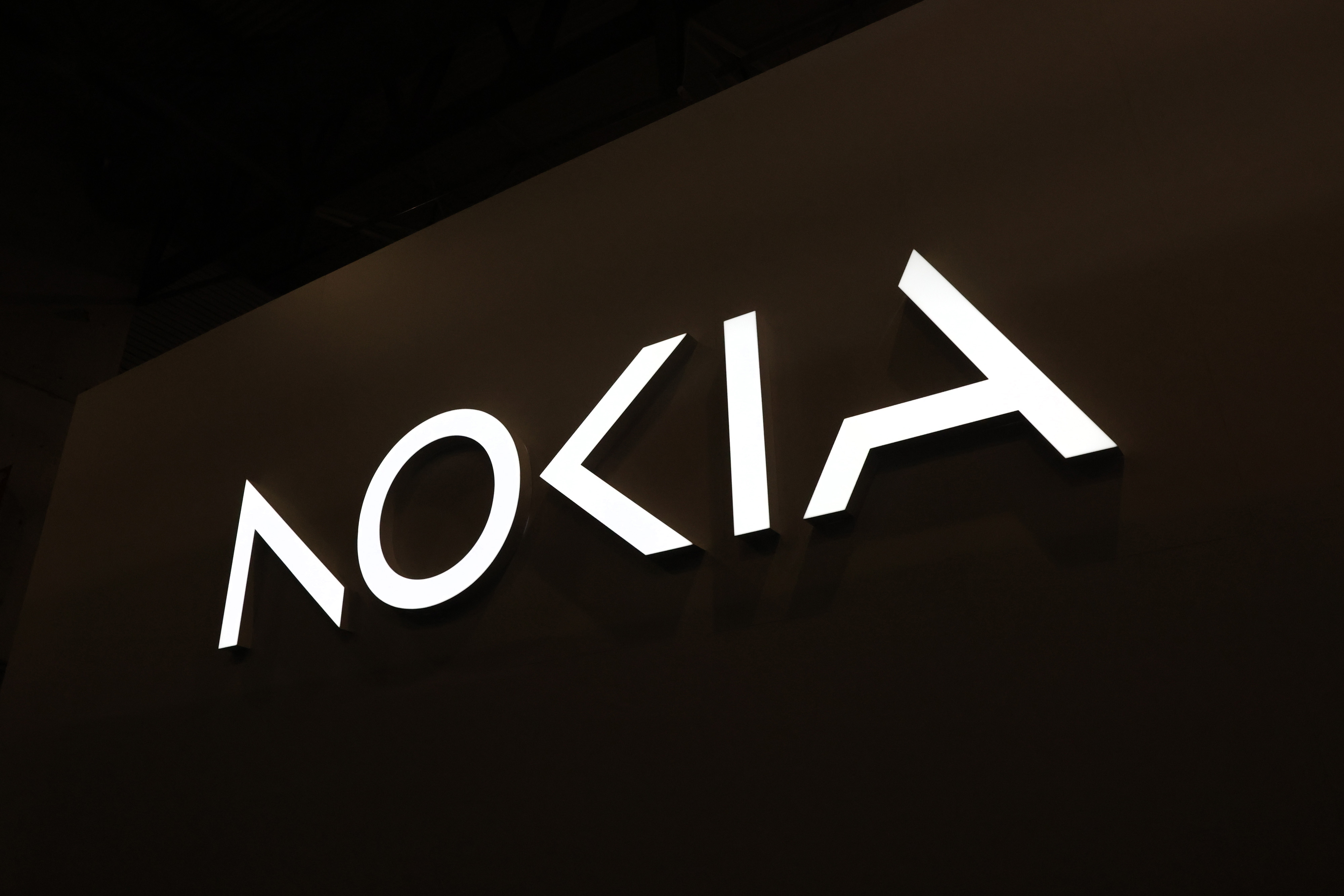 Dell and Nokia expand strategic partnership to drive network cloud transformation
Dell and Nokia expand strategic partnership to drive network cloud transformationNews The companies will leverage each other’s expertise and distribution to scale telecom networks and private 5G use cases
-
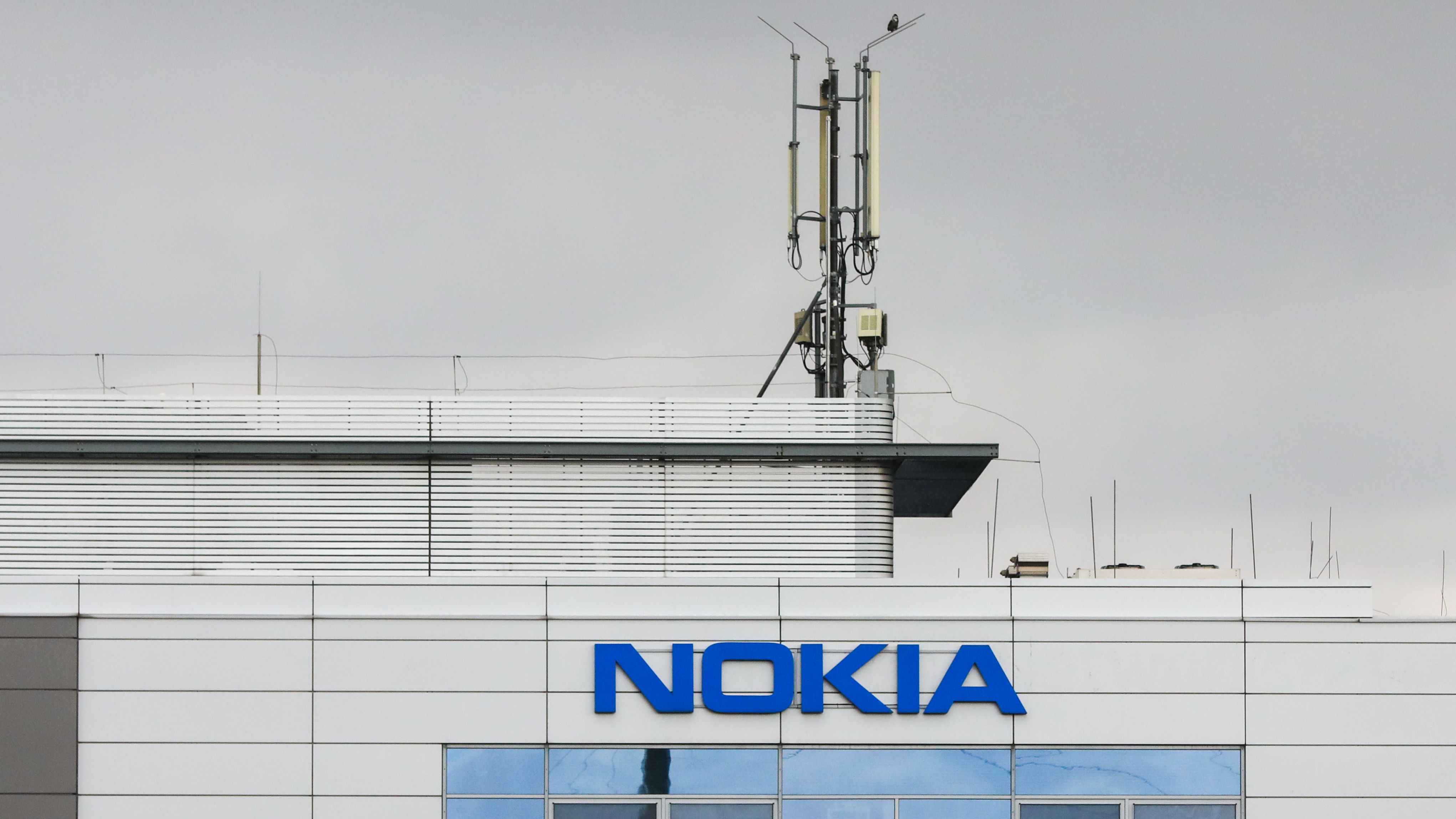 Nokia and Google score breakthrough in Android 13 network slicing
Nokia and Google score breakthrough in Android 13 network slicingNews Nokia's solution will allow devices to connect to multiple network slices simultaneously, provided by existing 4G and 5G operators
-
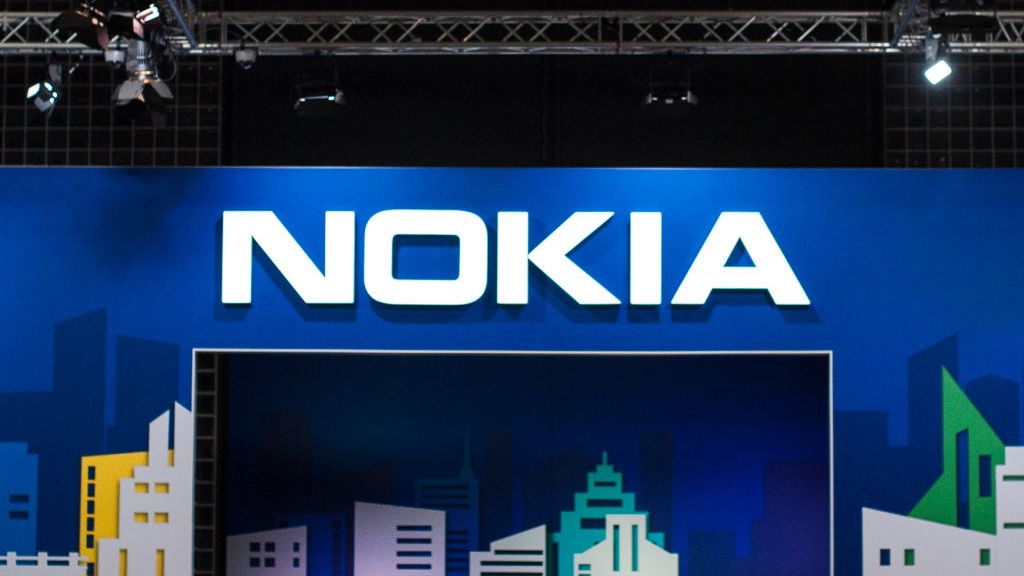 Nokia wins Indosat contract to expand 5G across Indonesia
Nokia wins Indosat contract to expand 5G across IndonesiaNews The deal will bring next-gen communication technology to customers across a 1.4 million square kilometre area
-
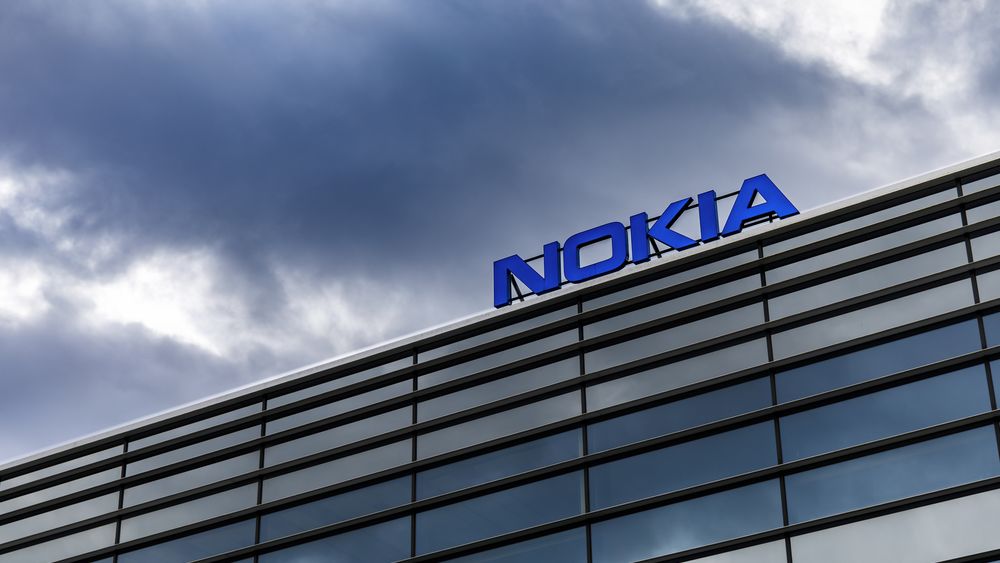 Nokia and Ligado partner on 4G, 5G enterprise private network
Nokia and Ligado partner on 4G, 5G enterprise private networkNews Nokia will leverage Ligado’s Band 24 spectrum to reach the US enterprise market
-
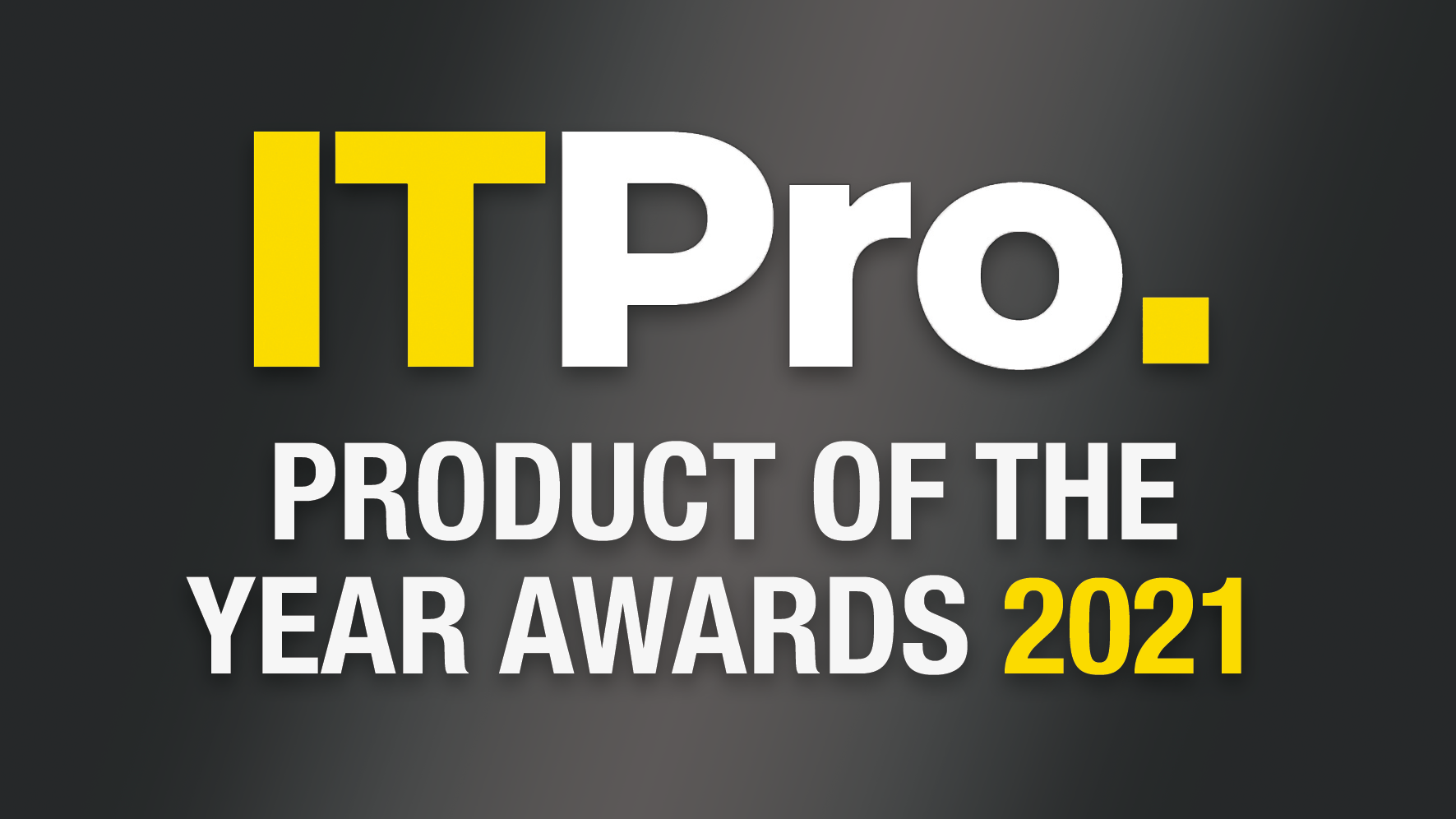 The IT Pro Products of the Year 2021: The year’s best hardware and software
The IT Pro Products of the Year 2021: The year’s best hardware and softwareBest Our pick of the best products from the past 12 months